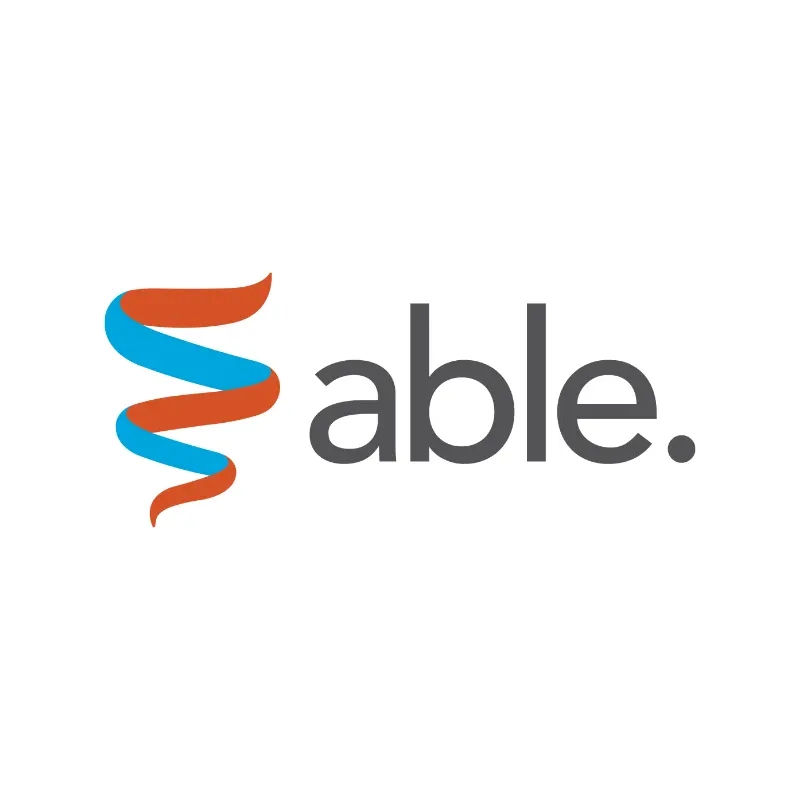Artful Aging: A digital village for older adults to enhance social connectivity

Manitoba Project Node
The ABLE Village project is a cross-institutional project that is head-quartered at MacMaster University in Ontario, with project nodes at universities across Canada: University of New Brunswick, Dalhousie University, Concordia University, and our node here at the University of Manitoba. At the University of Manitoba node, our focus will be on designing an activity for the ABLE village that allows older adults to use sound (singing, talking, clapping, humming, etc. to produce visual art). For more information about the overall project, you can visit the main project website. Much of the text on this page is copied from that website, but with a few modifications specific to the Manitoba research node.
Manitoba Project Node Investigators:
Dr. Celine Latulipe (celine.latulipe@umanitoba.ca)
Melika Adabinejad (adabinem@myumanitoba.ca)
Manitoba Project Node Partner:
University of Manitoba Centre on Aging
Call for Participants for Online Co-Design Research Project
We have developed a virtual platform that allows older people to connect, play games, make art, and engage in movement activities with others, including family members in different locations, through computer video at the same time (or “live”). We would like feedback on the design and the interaction (or “game design”) of this platform and the social, physical, mental, and artistic activities included on the platform.
Information about the study:
- We are inviting participants in this study to complete a brief survey and then participate in 5 to 20, one- to two-hour long focus groups using Zoom. Participants can participate in as many or as few focus groups as they desire.
- Each focus group will consist of 1-8 participants and 2-6 research team members. Participants can participate in a focus group size of their preference.
- Participants can invite their own friends and family to participate in the focus group with them or they can choose to participate with fellow community members.
- Focus groups will take place online between September 2023 and March 2025.
- With everyone’s permission, these focus groups will be recorded.
During these focus groups, we will show you the ABLE platform and ask you for your feedback on the design.
- You have the option of observing the platform or testing the platform by using your computer (touch pad or mouse) or tablet.
- We also can meet with you individually before the research meeting to help you to use your computer or tablet to access the ABLE Village platform.
You are eligible to participate in this study if you are a person aged 65 or older, who:
- Has access to a computer and/or internet connection (or would be willing to borrow a tablet from the Pulse Lab); and
- Can communicate in English.
Note: Your participation in this study is voluntary. You may withdraw at any time without consequences and you may also refuse to answer any questions you do not want to answer and still remain in the study. You will receive a $50 gift card (a $200 cheque if you are a participant lead) for each year for your participation in this two-year study. If you withdraw from the study, you will still be eligible to receive an honorarium; however, the amount you receive will be proportionate to the time in which you participated in the study (e.g., if you withdraw after 6-months of participating in the study, you will receive half of a one-year honorarium, which is $25).
This research has been approved by the Research Ethics Board at the University of Manitoba, Fort Garry campus. If you have any concerns or complaints about this project you may contact any of the above-named persons or the Human Ethics Coordinator at 204-474-7122 or humanethics@umanitoba.ca.
To participate in this study or to ask questions about this study, please email Dr. Celine Latulipe: celine.latulipe@umanitoba.ca.
Documents
The following information letters are specific to participants in the Manitoba node of the project.
Information letter and consent statement for participants
Information letter for participants to share with family/friends
Final Report
Once the study closes and analysis is complete, a summary report of the results of this research will be posted on the main project website.